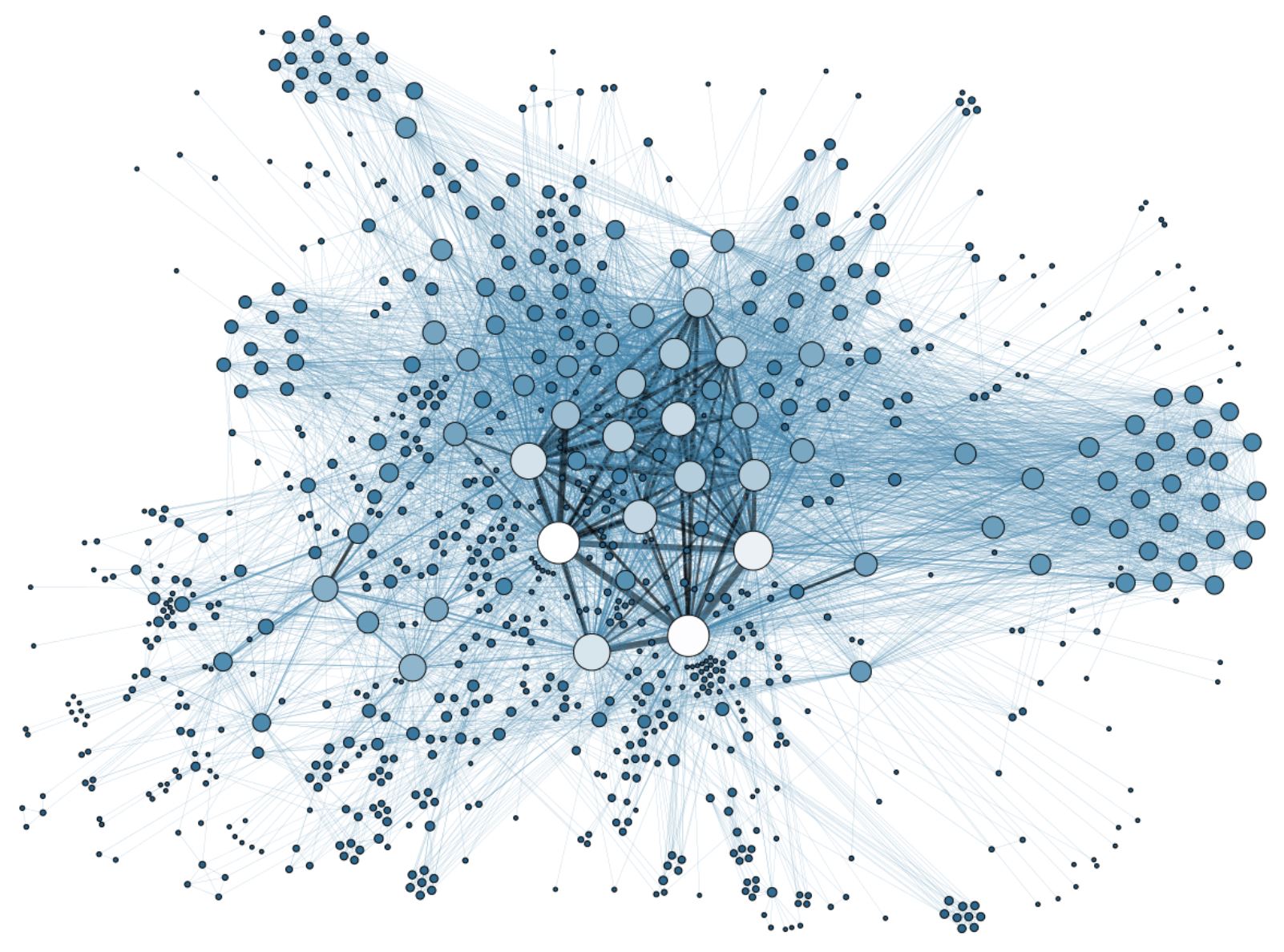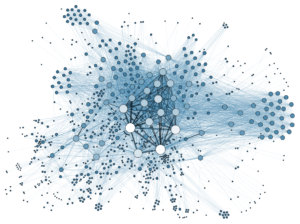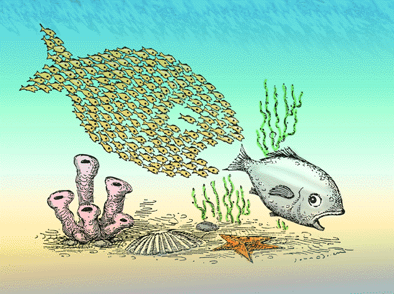A Fundamental Problem with Moral Enhancement
by Joao Fabiano
Moral philosophers often prefer to conceive thought experiments, dilemmas and problem cases of single individuals who make one-shot decisions with well-defined short-term consequences. Morality is complex enough that such simplifications seem justifiable or even necessary for philosophical reflection. If we are still far from consensus on which is the best moral theory or what makes actions right or wrong – or even if such aspects should be the central problem of moral philosophy – by considering simplified toy scenarios, then introducing group or long-term effects would make matters significantly worse. However, when it comes to actually changing human moral dispositions with the use of technology (i.e., moral enhancement), ignoring the essential fact that morality deals with group behaviour with long-ranging consequences can be extremely risky. Despite those risks, attempting to provide a full account of morality in order to conduct moral enhancement would be both simply impractical as well as arguably risky. We seem to be far away from such account, yet there are pressing current moral failings, such as the inability for proper large-scale cooperation, which makes the solution to present global catastrophic risks, such as global warming or nuclear war, next to impossible. Sitting back and waiting for a complete theory of morality might be riskier than attempting to fix our moral failing using incomplete theories. We must, nevertheless, proceed with caution and an awareness of such incompleteness. Here I will present several severe risks from moral enhancement that arise from focusing on improving individual dispositions while ignoring emergent societal effects and point to tentative solutions to those risks. I deem those emergent risks fundamental problems both because they lie at the foundation of the theoretical framework guiding moral enhancement – moral philosophy – and because they seem, at the time, inescapable; my proposed solution will aim at increasing awareness of such problems instead of directly solving them.



 This article was originally published by The Conversation
This article was originally published by The Conversation

